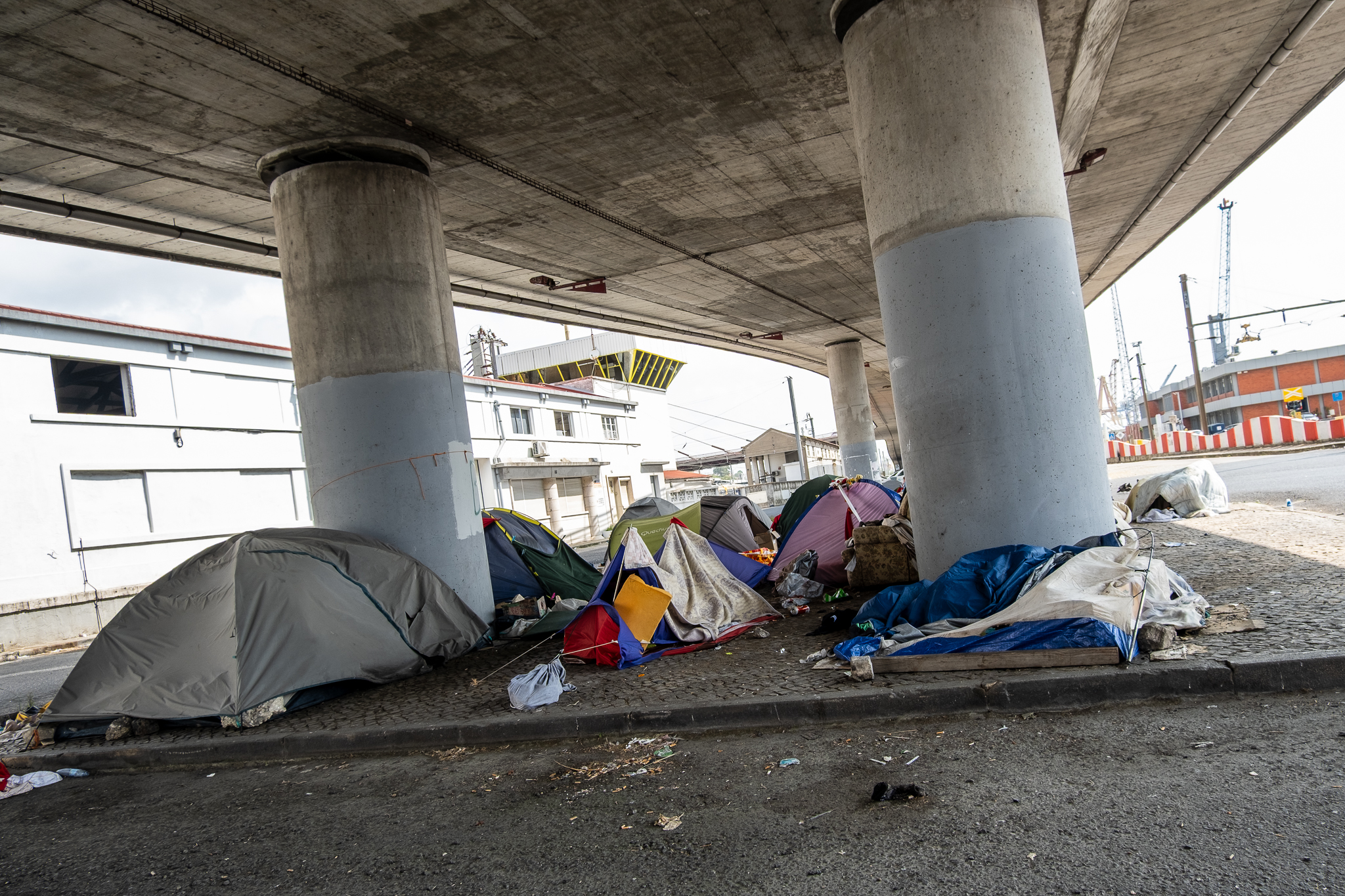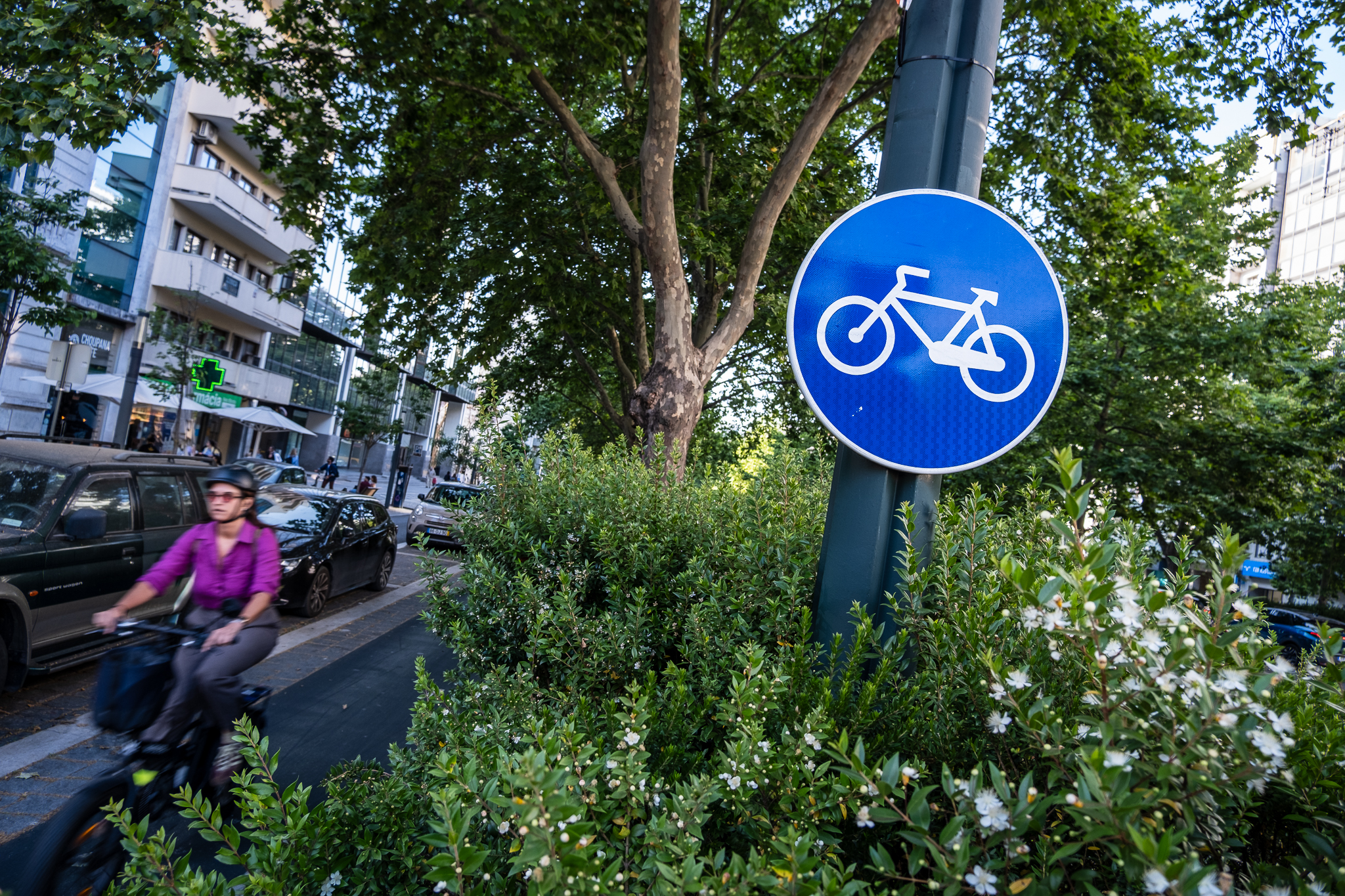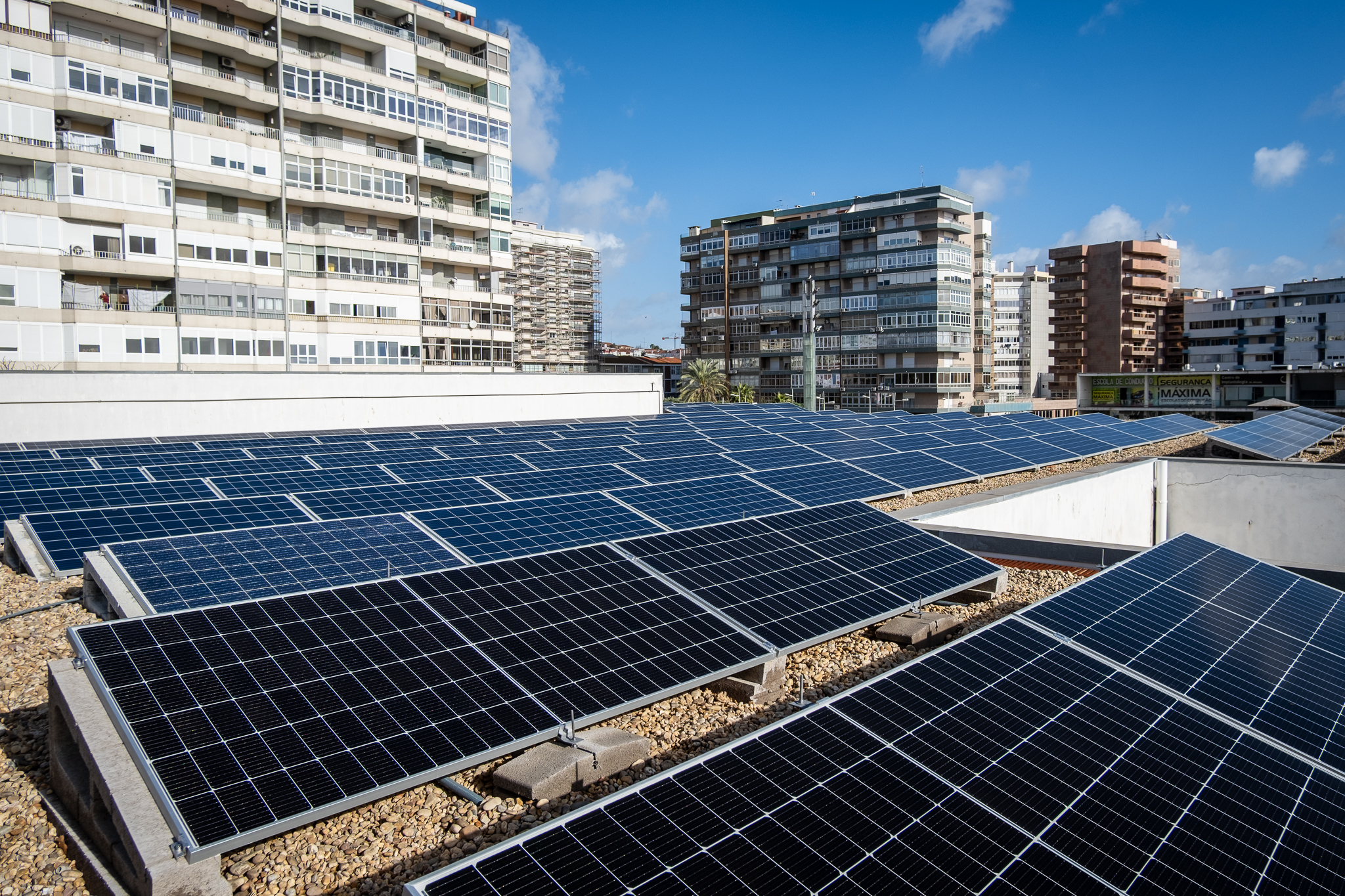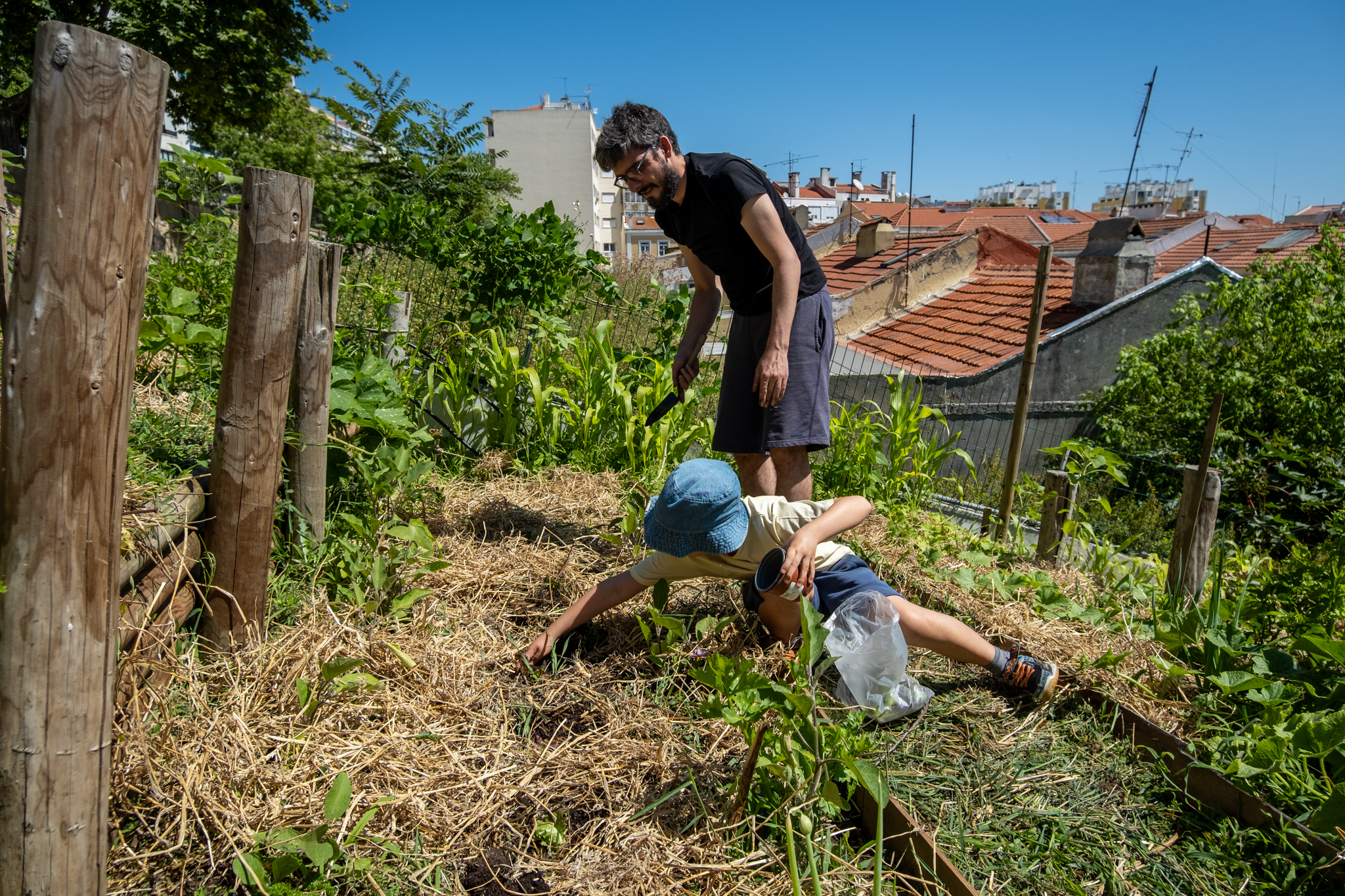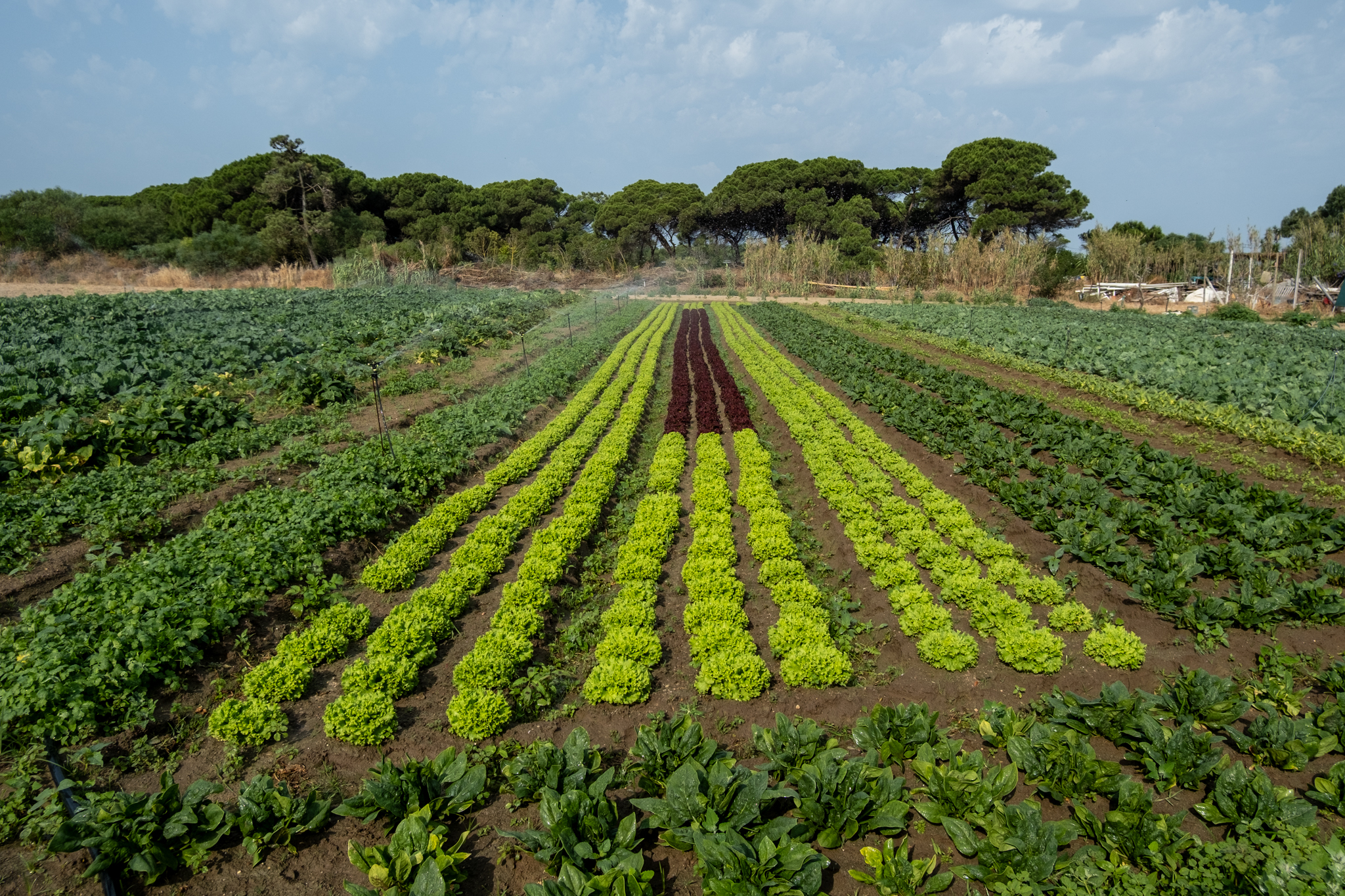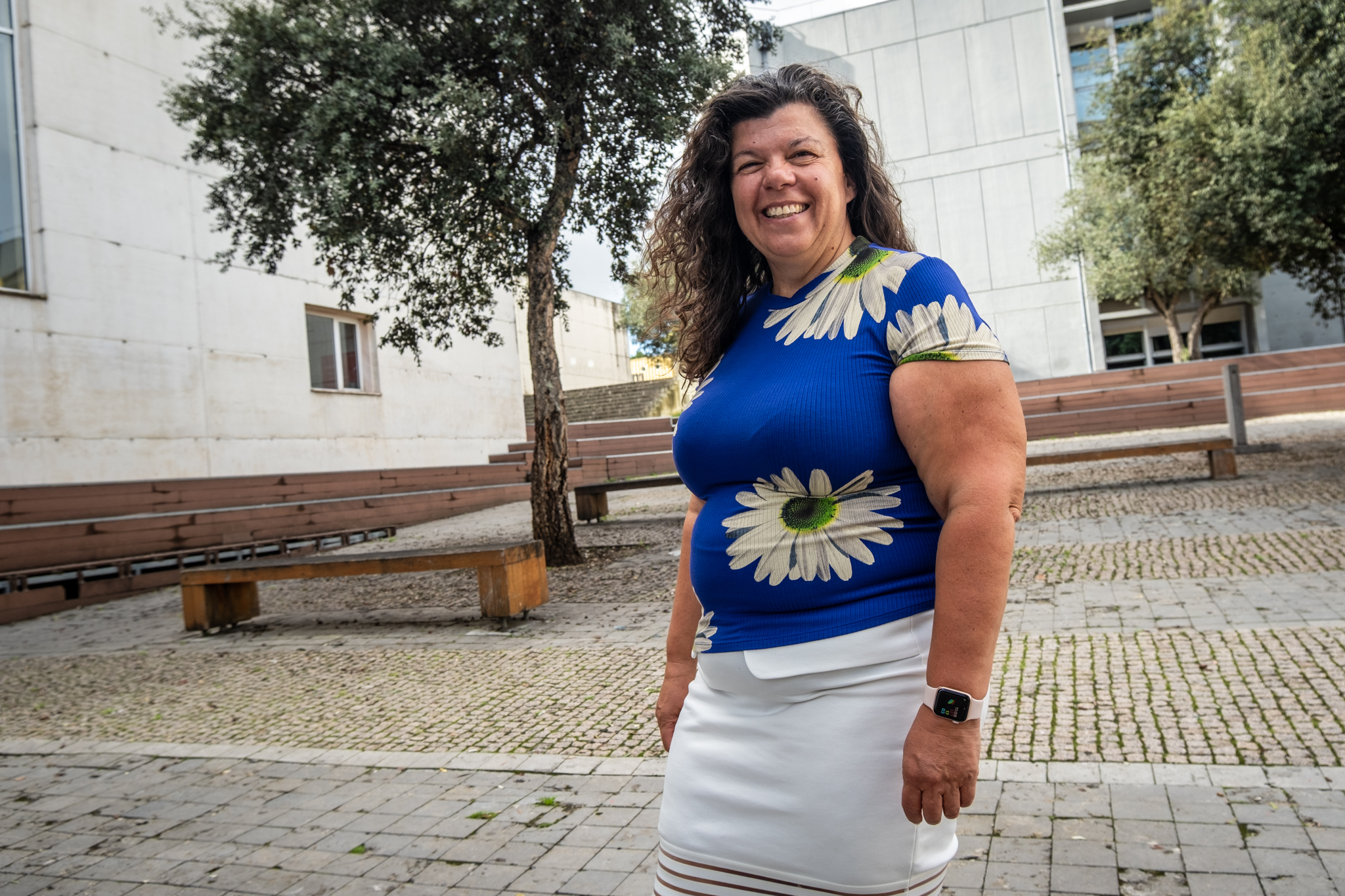Cities like Barcelona or Paris have created networks of "climate refuges", that is, cool places where people can escape heat waves. Livre wants to bring this idea to Lisbon.

Livre recommends that Lisbon City Council create "climate refuges" to help protect the population from heatwaves, which are set to become more frequent in the city due to climate change. The party's idea is inspired by international cases such as Barcelona, where a network of 200 shelters has already been identified.
Voted on by points, all of which were approved by a majority, the Livre's recommendation suggests that, "immediately and already during this summer of 2022"A number of emergency measures have been put in place:
- Identify and publicize public spaces with good thermal insulation, air conditioning or guaranteed low temperaturesThis includes libraries, museums and town halls, encouraging people to take shelter during the hottest hours;
- Keep city hall spaces open with good thermal insulation and/or air conditioning - especially those already equipped with photovoltaic panels - during long hours and at weekends, and ensuring that they are publicized;
- Spreading the word about ways to cool the house and the precautions to take on hot days;
- Implement shade systems in playgrounds and the possibility of playing with water and sprinklers in green spaces.
For the summer of 2023, the Free wants the Lisbon City Council to "structure a network of climate refuges"that can be "densified in the following years, as part of the city's adaptation measures to climate change". These shelters are intended to be places where people can shelter from high temperatures, which are accessible to everyone and less than 10 minutes' walk away, according to the text of the Livre recommendation.
The idea was presented at the plenary meeting of the Lisbon Municipal Assembly on Tuesday, July 12, by Livre's municipal deputy, Isabel Mendes Lopes. "We need a network of climate refuges in Lisbon. It's very hot today and will continue to be for the next few days. Every year there will be more of this heat in this city. Currently, we have an average of 10 heatwave days per summer“he said. "In the medium term we will have 38 days of heatwaves, in the long term 60 and there will even be summers that will be a continuous heatwave."
Livre's recommendation is inspired by international cases. Barcelona implemented a network of "climate refuges"There are around 200 identified and mapped sites where a maximum temperature of 26 ºC is guaranteed.Some of the climate refuges are built from scratch, but others are as diverse as libraries, multi-purpose pavilions, museums or even places like the Pedralbes Monastery. Some of the climate refuges are built from scratch, but others are as diverse as libraries, multi-sports halls, museums or even places like the Pedralbes Monastery. Other cities in Spain, such as Seville or Malaga, are also working on these networks.

In Paris there is a network of more than 1100 "îlots de fraîcheur" (islands of freshness), activated on hotter days. On these days, the city's gardens and green spaces, including cemeteries, are open, and at night, cool places such as churches, museums, libraries or other buildings are advertised, as well as swimming pools, fountains and outdoor places with sprinklers. Paris is also investing in playgrounds-oasisThis is a program in which school playgrounds are redesigned, together with pupils, so that they are naturalized, permeable and climate-responsible places. These playgrounds will then be opened up at weekends for the enjoyment of the local population and will form part of the network of islands of freshness.

Livre states that "one of the biggest and most worrying consequences of climate change in Portugal is the rise in the average temperature and the increase in the frequency and duration of heat waves". In Municipal Strategy for Adaptation to Climate Change (EMAAC)In a document drawn up in 2017, it is stated that of the main climate changes projected for the municipality of Lisbon by the end of the century, it will be the increase in average annual temperature - mainly due to the increase in maximum temperatures - that presents the most pronounced and worrying potential increase in risk in the long term.
The average annual temperature is projected to rise by between 1 ºC and 4 ºC, the number of days with very high temperatures (maximum temperatures of 35 ºC or more) and tropical nights (minimum temperatures of 20 ºC or more) will increase and heat waves will become more frequent. According to the World Meteorological Organization, a heat wave occurs when, over an interval of at least six consecutive days, the maximum daily temperature is 5 °C higher than the average daily value for the reference period (average of the last 30 years)..
Livre states that "extreme heat is a worrying public health phenomenon, which particularly affects the most vulnerable people". At EMAAC, it is estimated that around 130,526 residents in Lisbon will be very vulnerable to thermal discomfort in their homes in the summerThe most vulnerable were people over 65 living in Lisbon parishes that are particularly vulnerable in heat wave scenarios.
"Lisbon is preparing for the intensification of heat waves and extreme temperatures with measures such as planting trees, shading streets, investing in the thermal comfort of buildings or including climate criteria in territorial management instruments, as identified in the EMAAC and the 2030 Climate Action Plan. All these measures are necessary and urgent to implement. But alongside the construction of more structural solutions, it is necessary to establish immediate measures to minimize the effect of heat on the population", points out the recommendation presented by Livre.


